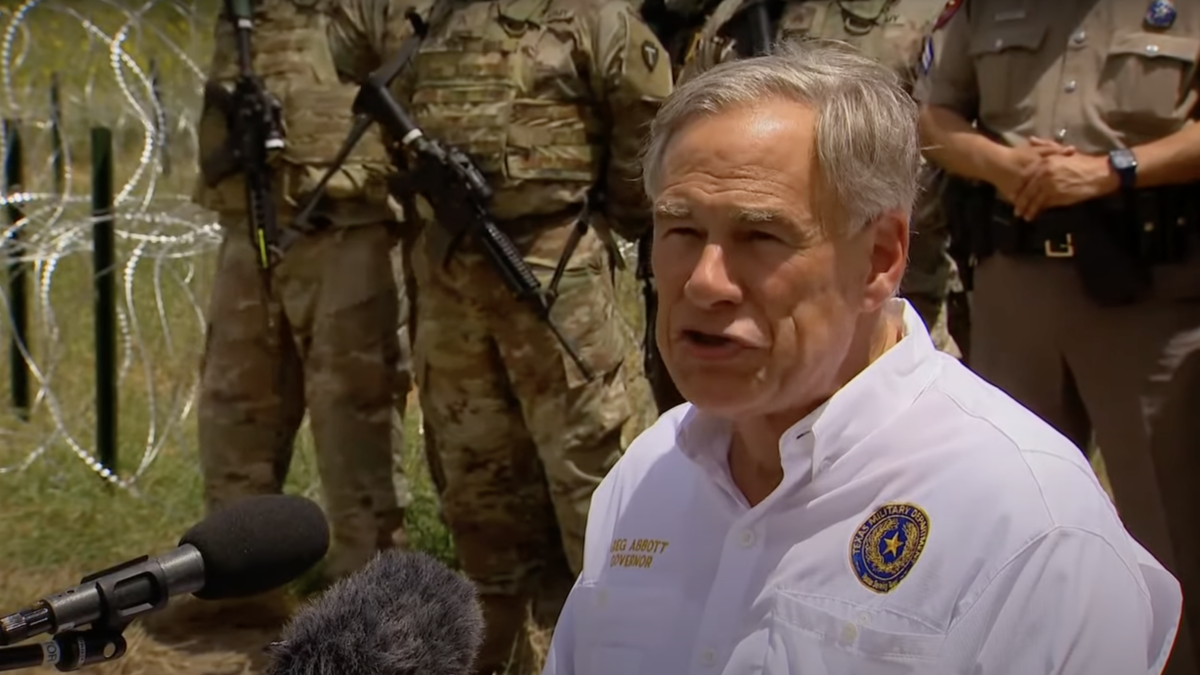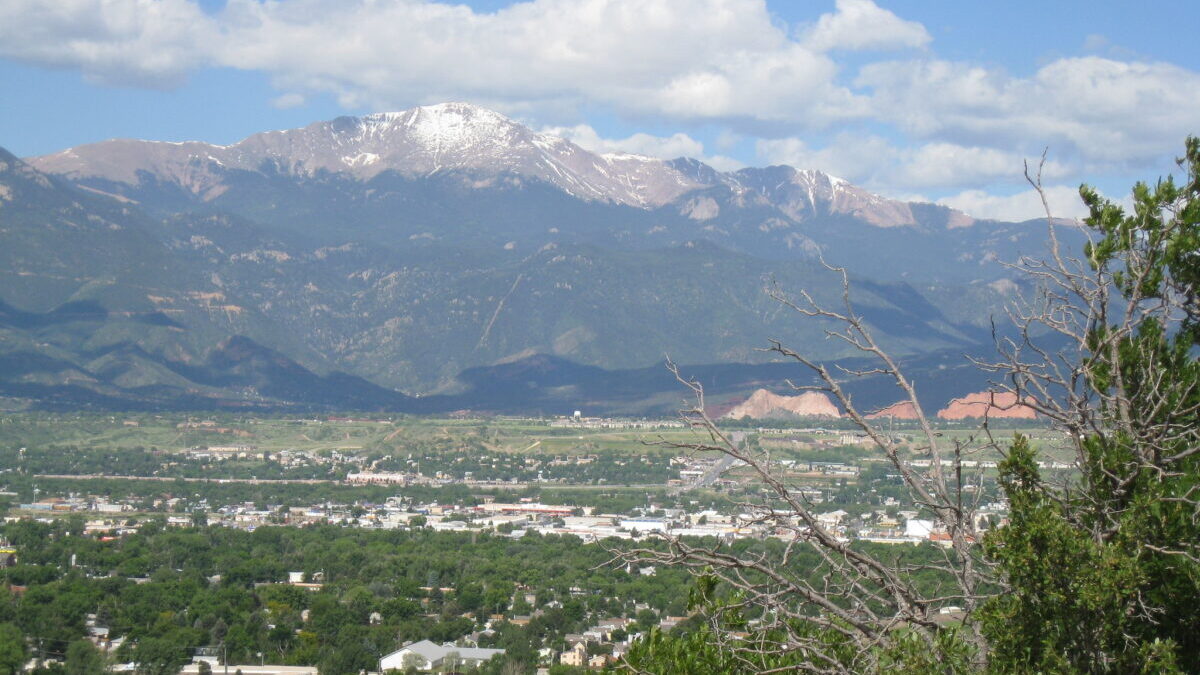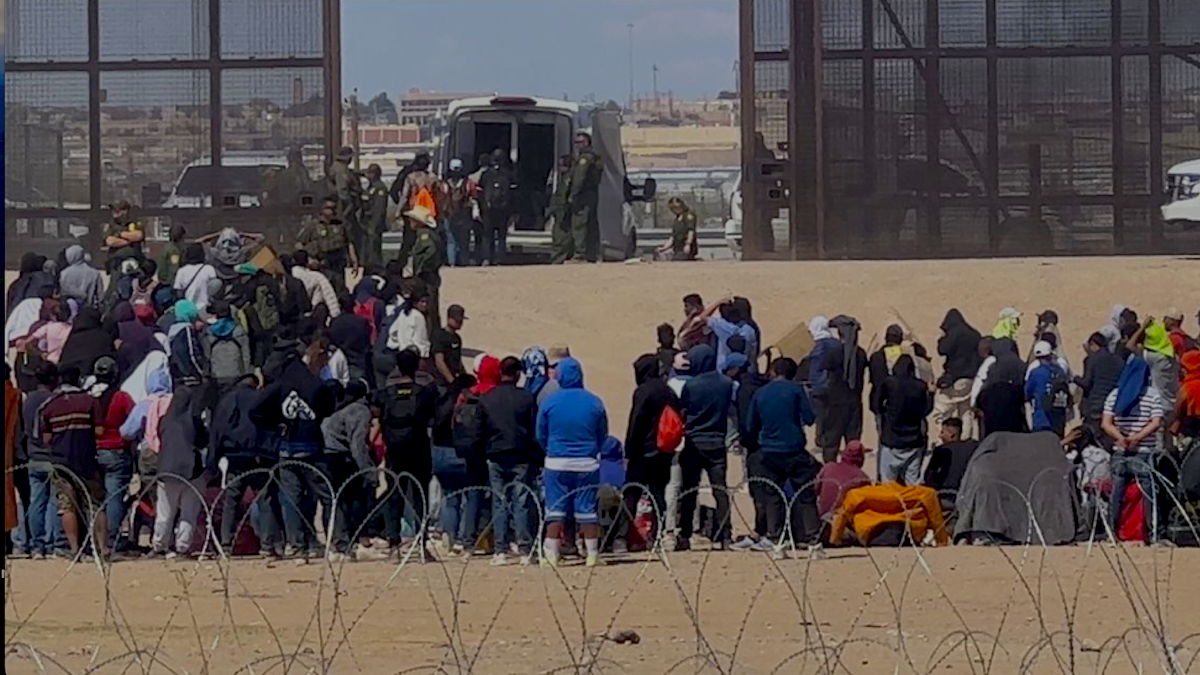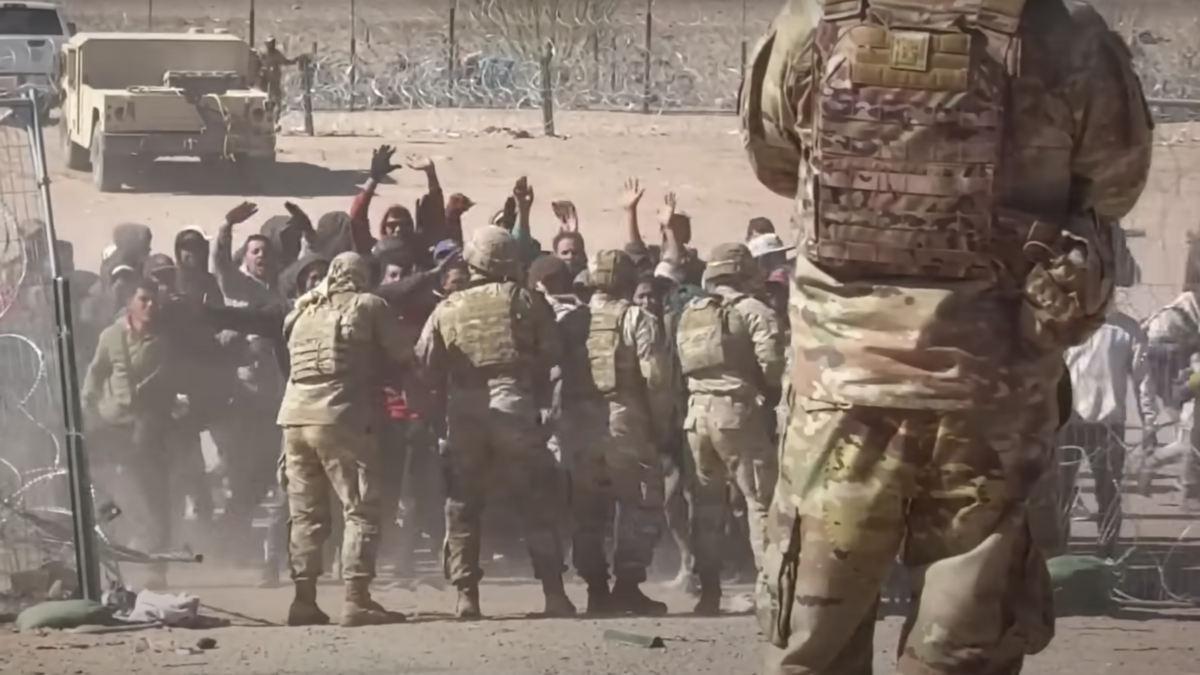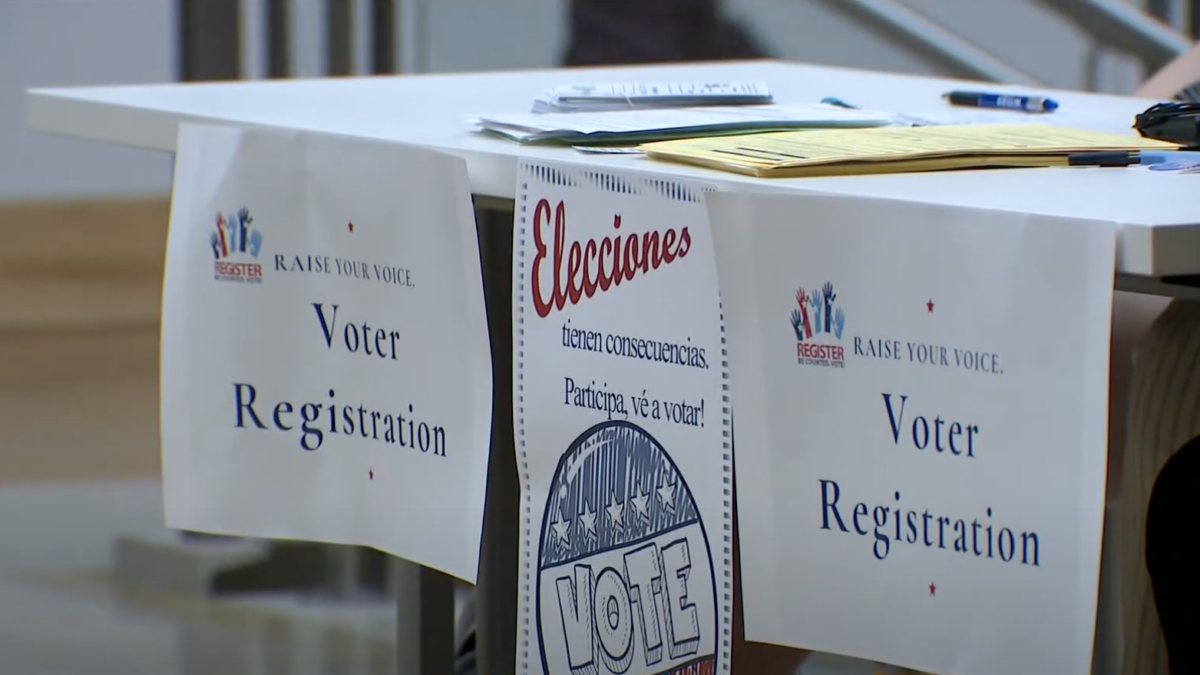Texas Gov. Greg Abbott issued an executive order Thursday seemingly designed to put pressure on the Biden administration to take the border crisis seriously and enforce federal immigration law. But the likely result of the governor’s action won’t be a reduction in illegal immigration, it will be a federal lawsuit against Texas.
Abbott’s order directs the Texas National Guard and the Texas Department of Public Safety to “apprehend illegal immigrants who illegally cross the border between ports of entry and return them to the border.” What does this mean? It does not mean that Texas law enforcement will be expelling illegal immigrants to Mexico, as some Texas counties have called on Abbott to authorize.
In practice, it means that Texas state troopers and National Guardsman, whom Abbott has already deployed to the border as part of Operation Lone Star, will now be authorized to arrest illegal immigrants near the border and transport them directly to the nearest port of entry. What will happen once they get there remains to be seen.
Ports of entry are run by U.S. Customs and Border Protection, and under normal circumstances, illegal immigrants arrested by state or local law enforcement would be picked up by CBP officers or Border Patrol agents and transported to a CBP processing facility. That is, state and local law enforcement don’t usually transport illegal immigrants anywhere, they simply assist Border Patrol and CBP because it is the federal government’s job to enforce federal immigration law, not the states’.
But under Abbott’s order, that will apparently change. Texas troopers and National Guardsmen will be arresting illegal immigrants and transporting them directly to the border, to ports of entry inside Texas that are run by CBP. As of this writing, it is unclear whether CBP will cooperate with state law enforcement officials in this scheme or what the reaction of federal border officials will be at ports of entry when Texas state troopers show up with a busload of illegal immigrants.
One obvious problem with this plan (aside from a lack of federal cooperation) is that there’s really no place to process or house more than a handful of people at these port of entry facilities. Even the larger ports of entry, such as the one in Laredo, Texas, can only house a few dozen people at most, and not for long periods of time.
All of this would suggest that Abbott’s executive order is more of a legal strategy than an operational shift in border enforcement — one that’s designed not to expel illegal immigrants or reduce illegal immigration but to provoke the Biden administration into a legal battle with Texas.
Why would Abbott want the Biden administration to sue? Because the Biden administration’s refusal to secure the border and enforce federal immigration laws has provoked an ongoing debate about the extent of state authority to police the border in the face of federal inaction. If Abbott can show, in federal court, that he is operating within the law and the Constitution, and actually get a federal court to agree, then it would not only protect individual state troopers and National Guardsmen from potential prosecution by the Department of Justice, it might also open up new avenues for border enforcement at the state level.
That’s one theory, anyway. There are others. Abbott’s order comes on the heels of a declaration issued by a half-dozen Texas counties and one city earlier this week that the border crisis is an “invasion” under Article I, Section 10, Clause 3 of the Constitution, which says states can’t conduct foreign policy or engage in war, “unless actually invaded, or in such imminent Danger as will not admit delay.” These local officials believe that Texas has been “actually invaded,” and that Abbott has the constitutional authority to order state law enforcement to arrest and expel to Mexico any foreign national arrested for illegally crossing the border, with or without the permission of federal authorities.
The locals aren’t alone in this belief. Former Trump administration officials Russ Vought and Ken Cuccinelli have argued the same, as has Arizona Attorney General Mark Brnovich. Vought and Cuccinelli issued a statement Thursday after Abbott’s order came out saying the governor’s policy falls short, and, because it does not authorize Texas law enforcement to expel illegal immigrants directly to Mexico, is “still catch and release.”
Technically, they’re right. Abbott’s order, like Operation Lone Star, won’t do anything to change the fundamental policies in play on the border. Catch and release, whereby illegal immigrants are arrested after crossing into the U.S., processed, and then released pending a county hearing, will still be in place after Abbott’s order goes into effect.
Abbott’s critics (including me), have faulted him for a lack of boldness and imagination on the border crisis, for taking a too-cautious approach to a too-important issue. A strategy designed to provoke a legal fight in federal court, for example, might not be the worst idea, but it reflects Abbott’s process-bound legal mindset on what is fundamentally a political issue — one that could threaten his legitimacy as governor, at least among his erstwhile supporters in the GOP.
The risk for Abbott is not just that his legal gambit fails, but that his own fellow Texas Republicans perceive his “return to the border” language as a kind of sleight of hand, a shell game designed to make Texans think he’s doing something big and bold, when in fact nothing much on the ground is really changing.
Indeed, so far nothing Abbott has done has changed the fundamental dynamics at the border. Every month sets a new record for arrests of illegal border-crossers, with nearly 240,000 arrests recorded in May, an all-time record. The blame for that of course lies squarely with President Biden, whose administration has released more than a million illegal immigrants into the country since he took office.
But at some point, Abbott, as governor of the state where the vast majority of these illegal crossings are taking place, will bear some responsibility for failing to take sufficient action to defend his state. A growing chorus of criticism, from policy experts, lawyers, local officials, and ordinary Texans, suggests that the politics of the border crisis might have already overtaken Abbott, and that whatever legal stratagems he has in mind might well be too little, too late.
